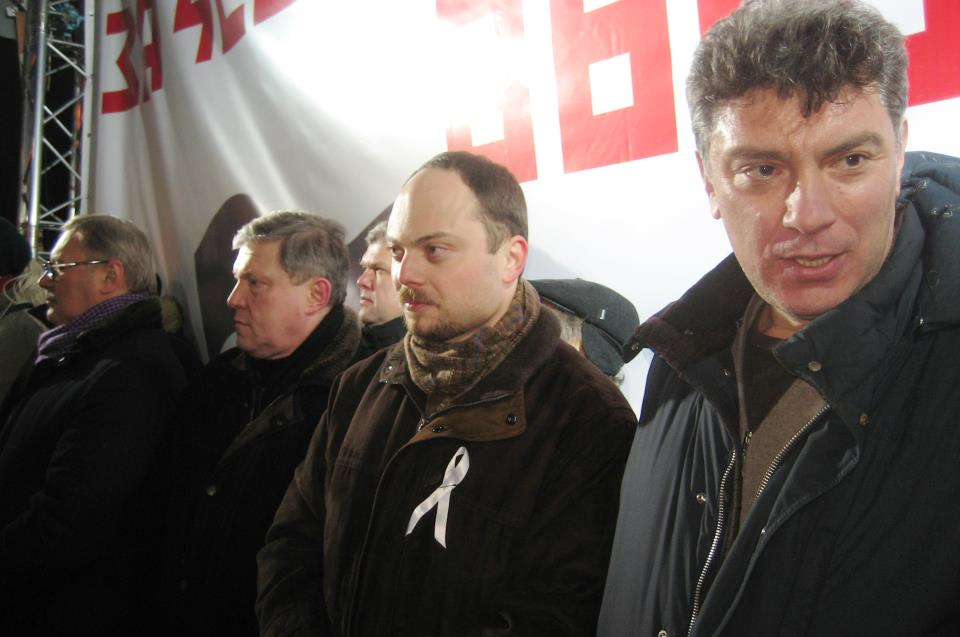

The two-year anniversary of the murder of Boris Nemtsov – the late high-profile Russian opposition figure – will be marked by marches across Russia’s largest cities on Sunday. Some 50,000 will take to the streets of Moscow and half that figure in St Petersburg.
Mr Nemtsov, a liberal, was once the countries most popular politician, serving as Boris Yeltsin’s deputy PM and tipped to succeed him as president in the late 1990s. That is until Vladimir Putin emerged from the woodwork.
In opposition, Nemtsov was a vocal and high-profile critic of Putin, exposing government corruption and authoritarianism; in his later years, he denounced Russia’s involvement in Ukraine.
Nemtsov was shot dead crossing a bridge one block away from the Kremlin in 2015.
Authorities have put five men on trial for the murder, all of whom originate from the troubled North Caucuses region and have suspected links to Chechen strongman Ramzan Kadyrov – a Putin cadre.
The persecution of opposition figures in Russia is nothing new, nor has it abated. Earlier this month Vladimir Kara-Murza, a Kremlin critic and former colleague of Nemtsov, was rushed to hospital after suffering organ failure in a suspected poisoning. He’s since left Russia. Another critic of President Putin – Alexei Navalny – was handed a five-year suspended sentence on February 8, ruling him out of next year’s presidential election.
Go deeper: Putin gears up for reelection
Simon is the founder of Foreign Brief who served as managing director from 2015 to 2021. A lawyer by training, Simon has worked as an analyst and adviser in the private sector and government. Simon’s desire to help clients understand global developments in a contextualised way underpinned the establishment of Foreign Brief. This aspiration remains the organisation’s driving principle.

